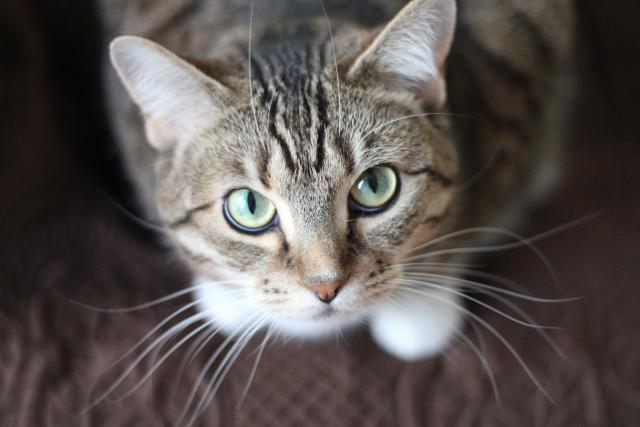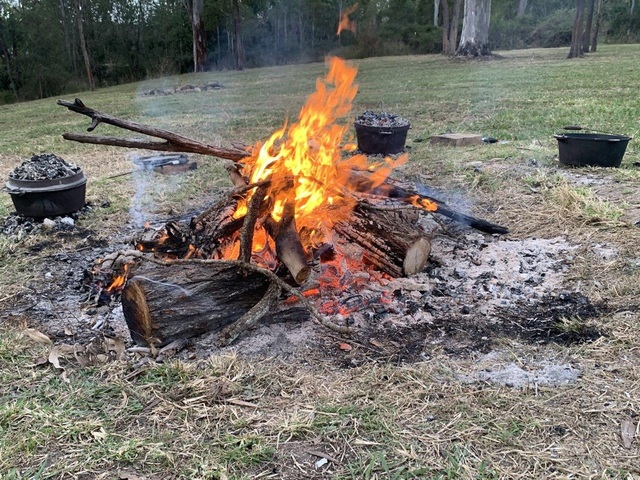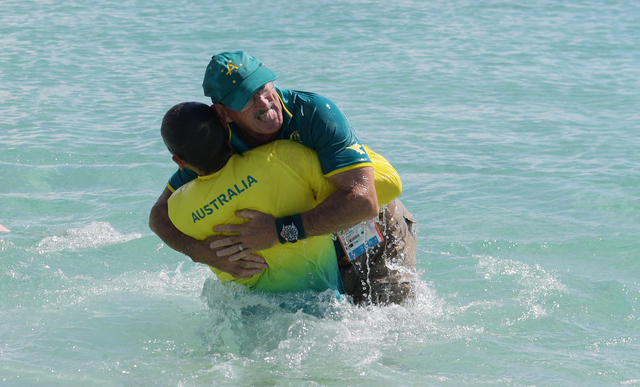After three years of desexing local cats at an affordable price, Westside Community Desexing has had to shut the doors.
Founded with the mission of reducing overpopulation and improving animal welfare, the clinic has desexed over 6400 cats, potentially preventing the birth of 30,000 unwanted kittens.
The closure stems from a lack of consistent funding.
Westside Community Desexing founder Penny Hocking said the decision was extremely difficult to make, but the organisation could no longer afford to operate.
While initial government grants helped establish the clinic and purchase equipment, these funds were not allocated for wages or ongoing expenses.
Westside relied heavily on external funding from rescue groups and councils to keep its services affordable.
“Our biggest cost is staff, and when we have to increase prices to cover those costs, it’s simply too much for many people,” she said.
“The main reason people don’t desex their cats is because they can’t afford it, despite maintaining prices well below profit-driven vet clinics, the demand waned as funding decreased.”
Ms Hocking also expressed frustration with the lack of state government support.
“While councils did provide some subsidised funding, it was often insufficient to cover the clinic’s operational needs, they need the government to provide the funding first,” she said.
In recent months, a state government desexing grant was issued, but it would only be enough for 1200 cats to be desexed across Victoria – a figure Ms Hocking called “a drop in the ocean.”
“Constantly applying for these grants is a lot of work for what is a very small team here,” she said.
“You may not get them, and you can’t run a business on ‘maybe’ getting funding. It needed to be secured and ongoing funding.”
Reflecting on the clinic’s achievements, she emphasised the impact Westside Community Desexing had on both the community and its feline residents.
“We welcomed cats of all walks of life, including those who might never see another vet due to their temperament,” she said.
“Every cat we desexed was microchipped, helping reunite lost pets with their owners and reducing stray populations. It’s heart-breaking that we won’t be able to continue this work.”
Despite the challenging end, Ms Hocking remained proud of what the clinic achieved.
“We’ve worked tirelessly with rescue groups and councils, and while we couldn’t sustain the clinic long-term, we’ve made a huge difference. That’s something to celebrate.”
A spokesperson for Animal Welfare Victoria said “The Victorian Government is saddened to hear of the closure of Westside Community Desexing. Government is proud to have provided $300,000 in funding since 2021 to this organisation for the establishment and expansion of the clinic.’
“The Victorian Government has several initiatives that improve animal welfare and reduce the burden of over-population on Victoria’s domestic animal services. This includes the Animal Welfare Fund Grants Program to improve companion animal welfare, improve responsible pet ownership, and provide better animal welfare services to companion animals and the community.”







